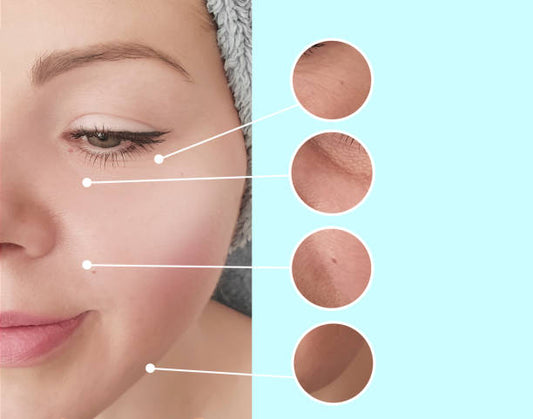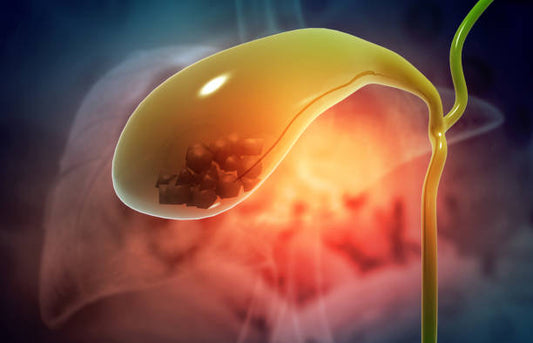Hydrocortisone is a corticosteroid medication that mimics the actions of natural corticosteroids produced by the adrenal glands. It is used to treat a variety of conditions by reducing inflammation, redness, and itching.
Usage:
-
Skin Conditions: Hydrocortisone is commonly applied topically to treat skin conditions such as eczema, dermatitis, and insect bites.
-
Allergies: It may be used to relieve itching and inflammation associated with allergic reactions.
-
Inflammatory Disorders: In some cases, hydrocortisone may be prescribed for inflammatory conditions such as arthritis.
Benefits:
-
Anti-Inflammatory Action: Hydrocortisone reduces inflammation, providing relief from symptoms such as redness, swelling, and itching.
-
Itch Relief: It effectively relieves itching associated with various skin conditions, promoting comfort.
-
Quick Symptomatic Relief: Hydrocortisone often provides rapid relief of symptoms, making it a popular choice for short-term use.
Side Effects:
Common side effects may include:
- Skin irritation or burning at the application site
- Dryness or peeling of the skin
- Thinning of the skin with prolonged use
Serious side effects are rare but may include:
- Allergic reactions (rash, itching, swelling)
- Absorption into the bloodstream, leading to systemic effects (especially with prolonged use or use on large areas of the body)
Precautions:
-
Limit Duration of Use: Prolonged use of hydrocortisone, especially on large areas of the body, should be avoided to prevent skin thinning and other adverse effects.
-
Avoid Certain Areas: It should not be applied to the face, groin, or underarms unless directed by a healthcare provider.
-
Avoid Contact with Eyes: Care should be taken to avoid contact with the eyes, and if accidental contact occurs, it should be rinsed thoroughly with water.
-
Pregnancy and Breastfeeding: The use of hydrocortisone during pregnancy and breastfeeding should be discussed with a healthcare provider, weighing the potential benefits against potential risks.
Dosage:
The dosage and frequency of hydrocortisone application depend on the specific skin condition being treated. It is important to follow the healthcare provider's instructions and use the smallest amount necessary to control symptoms.
Conclusion:
Hydrocortisone is a widely used corticosteroid for the treatment of various skin conditions and inflammatory disorders. While it offers quick relief from symptoms, it should be used cautiously, with attention to the duration of use and the areas of application. Regular follow-ups with a healthcare provider are important to monitor the response to treatment and manage any potential side effects. Individuals using hydrocortisone should promptly report any unexpected or concerning symptoms to their healthcare provider for proper evaluation and guidance.
References:
- U.S. National Library of Medicine. (2022). Hydrocortisone. medlineplus.gov/druginfo/meds/a682793.html












